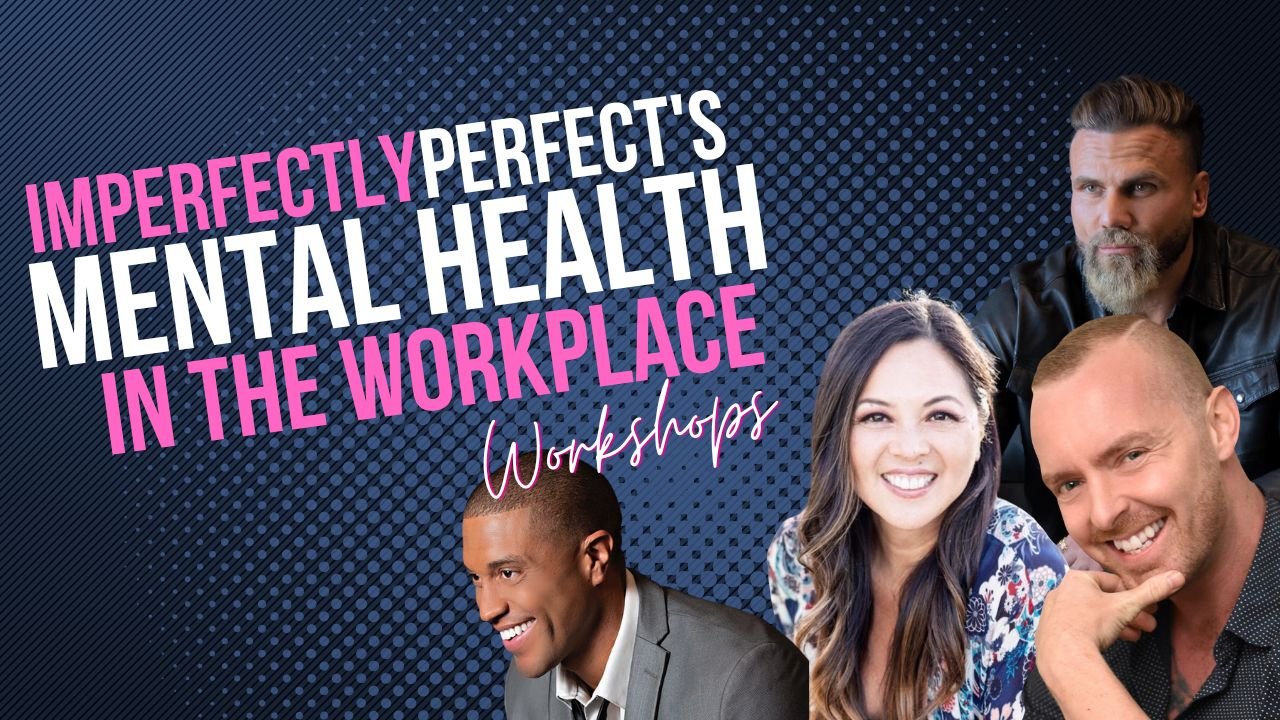In a time where Instagram quotes and viral videos flood our feeds with motivational advice, there’s a growing trend that’s raising concern in the mental health space: the rise of unqualified “life coaches” offering emotional guidance in place of trained professionals.
Let’s be clear, there are many excellent coaches who operate ethically and know their lane. They help people improve performance, clarify goals, and build confidence. But when personal development crosses into mental health territory, anxiety, depression, trauma, or grief, it’s no longer a coaching conversation. It’s a clinical one. And that distinction matters.
Mental Health Is Not a Trend
The World Health Organization reports that depression is the leading cause of disability worldwide. According to Beyond Blue, around 1 in 5 Australians will experience a mental health condition in any given year. These are not niche concerns, they are real, complex, and sometimes life-threatening struggles.
Mental health is not something to DIY through a vision board, nor should it be reduced to a surface-level pep talk from someone who’s “been through it” but lacks professional training.
The Coaching vs. Therapy Divide
Let’s break this down.
Coaches can be powerful allies in helping you move toward a goal, shift a mindset, or change a habit. But they are not trained to assess, diagnose, or treat mental health conditions.
Mental health professionals — psychologists, therapists, psychiatrists, have years of clinical education, supervised experience, and ethical frameworks that ensure client safety. They are trained to handle the nuanced and sometimes dangerous terrain of human psychology.
When someone is dealing with depression, panic attacks, suicidal ideation, or unresolved trauma, a coach without proper training can do more harm than good, even with the best of intentions.
The Risk of Misinformation and Oversimplification
In a space where vulnerability is currency, many are sharing their mental health journeys without fully understanding the weight of the advice they’re giving. While lived experience is valuable, it is not a substitute for clinical expertise.
Danger arises when:
Trauma is “unlocked” without proper support structures in place
Clients are encouraged to bypass medical intervention in favour of “mindset”
Coaches assume the role of therapist without the necessary qualifications
According to a 2023 report from the Australian Psychological Society, over 40% of individuals seeking therapy had previously tried coaching or non-clinical self-help approaches, and nearly 30% reported their mental health worsened as a result.
Mental Health Advocacy Means Knowing When to Refer
We need more advocates, not more experts. Advocates help break the stigma and point people toward the right help. They don’t pretend to be the help.
If you’re a coach or influencer with a growing platform, the most responsible thing you can do isn’t to hold space you’re not qualified for, it’s to refer people to those who are.
And if you’re someone struggling right now, know this:
It doesn’t make you weak to seek professional help. It makes you smart, self-aware, and strong enough to know that your mental health deserves more than a quick fix.
Final Word: Mental Health Is Healthcare
Mental health isn’t a niche. It isn’t a social media hook. It’s healthcare. And just like you wouldn’t ask your personal trainer to treat a broken leg, you shouldn’t ask a life coach to heal deep psychological wounds.
Let’s honour the difference, and protect the people behind the stories.























